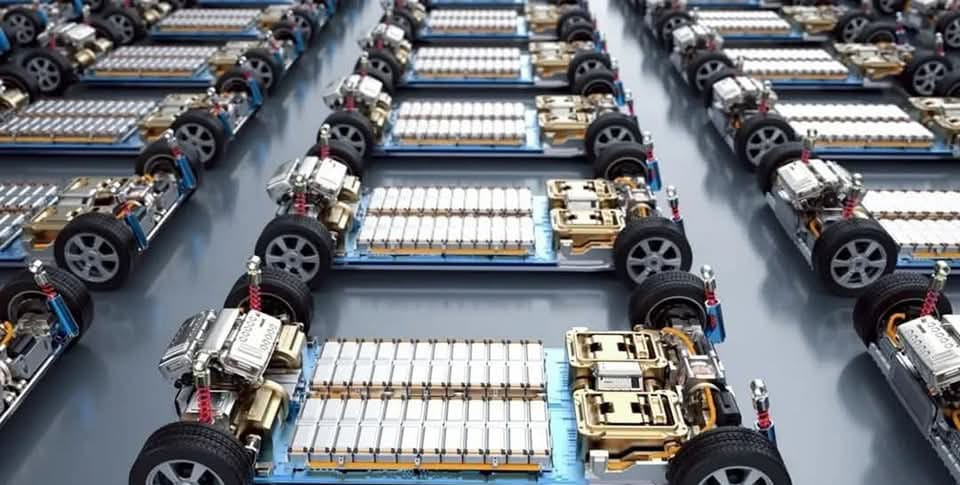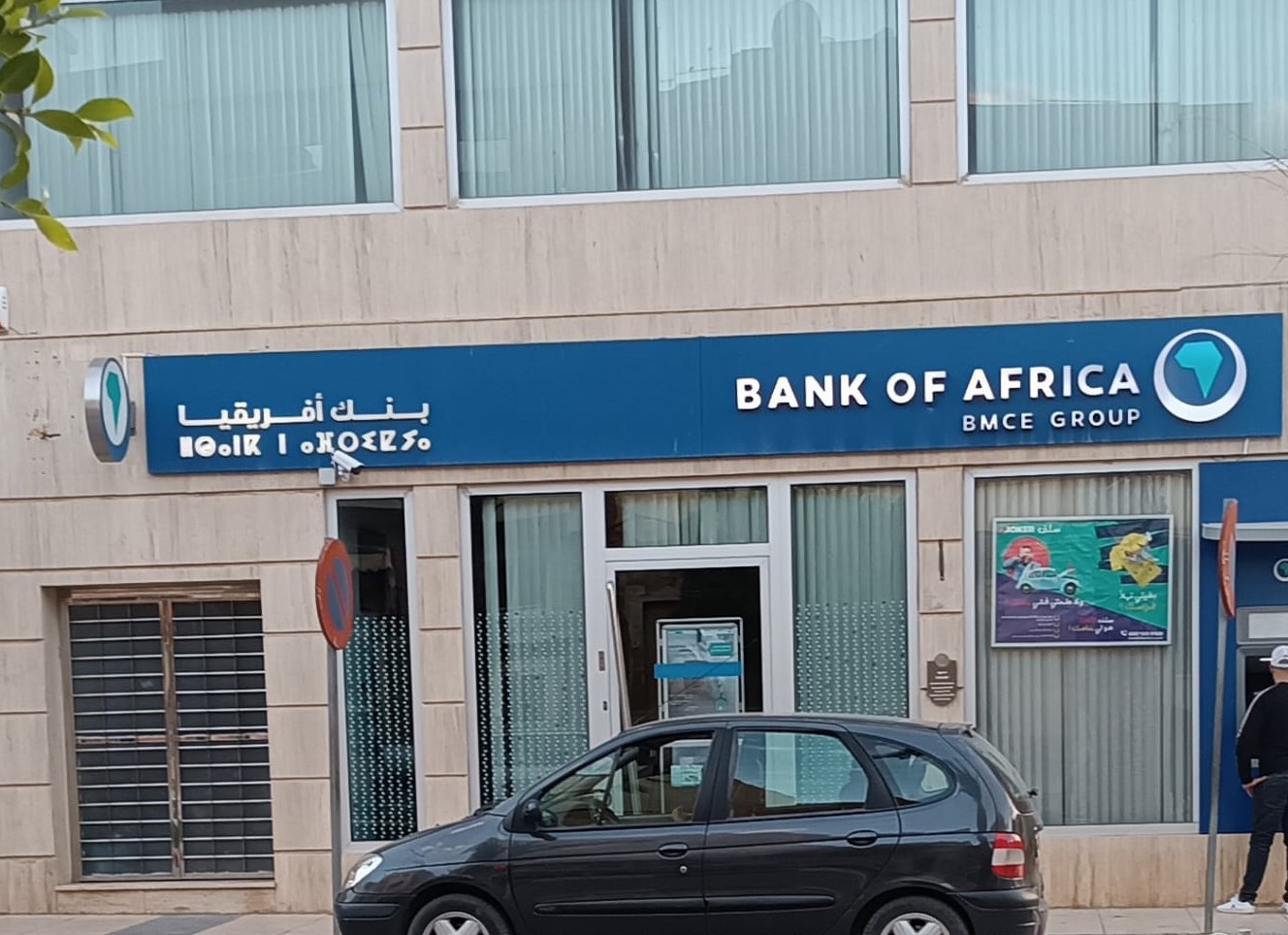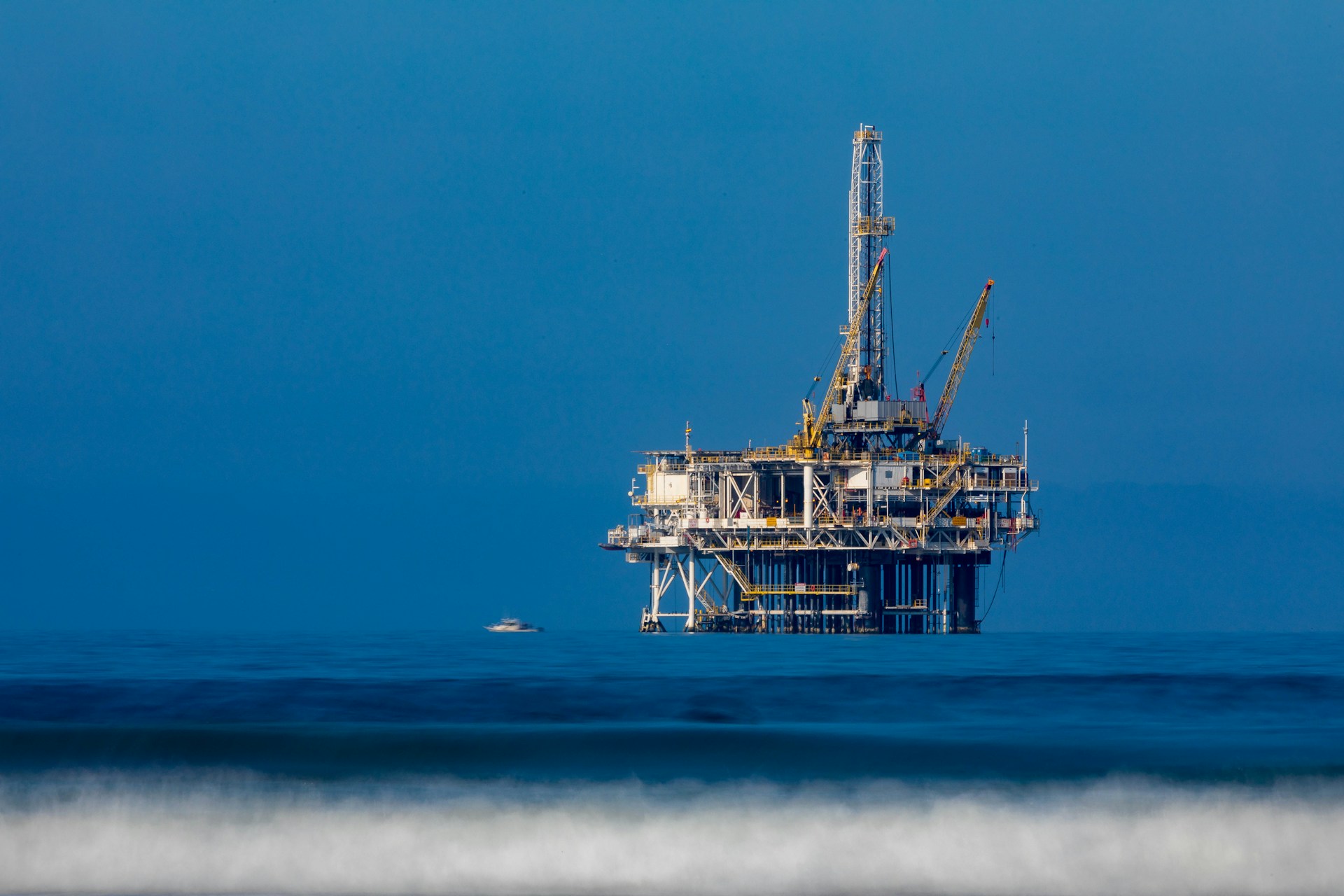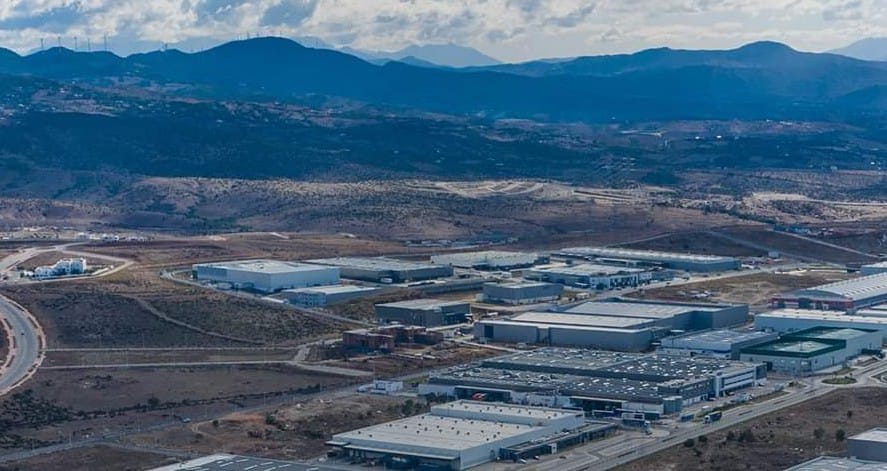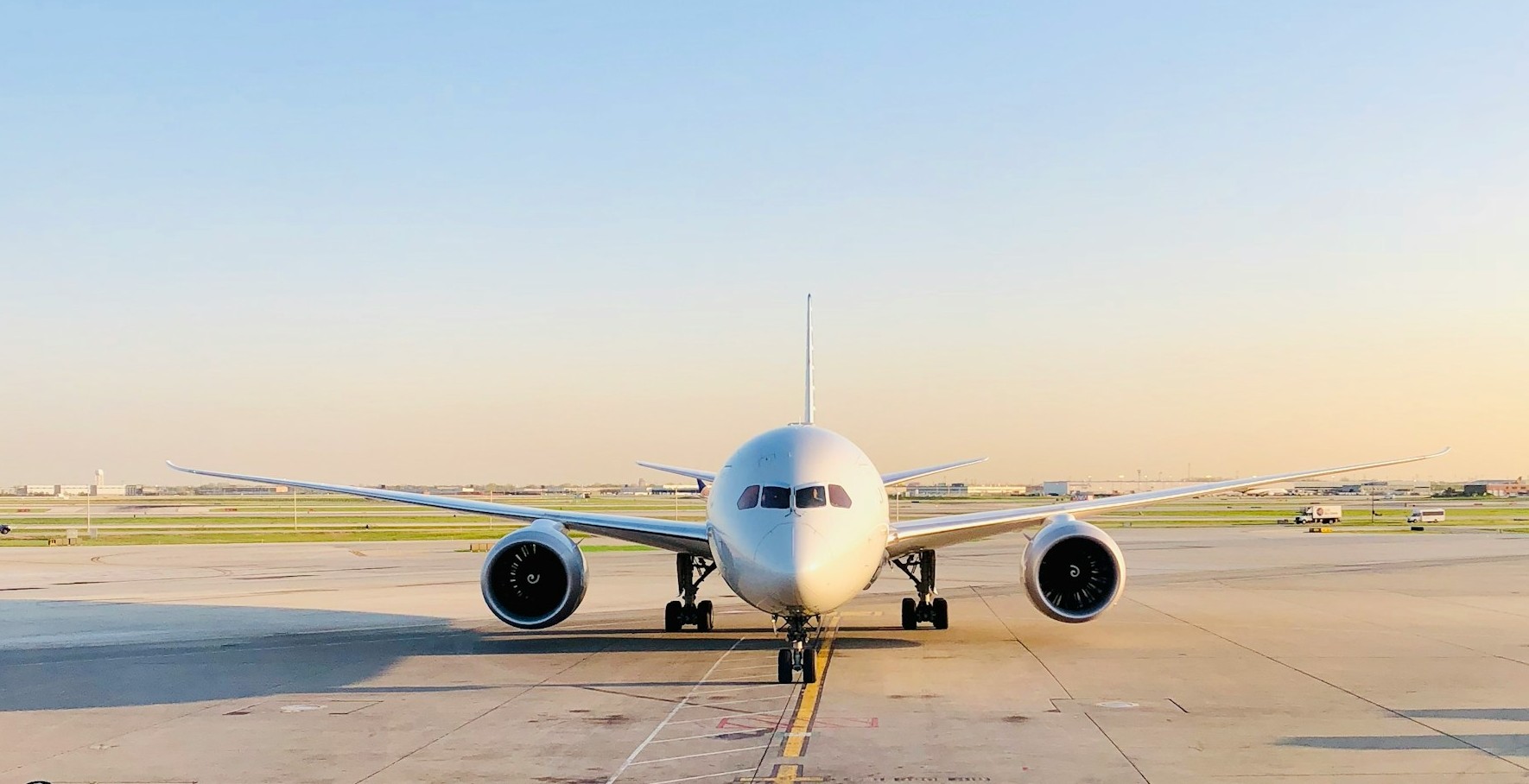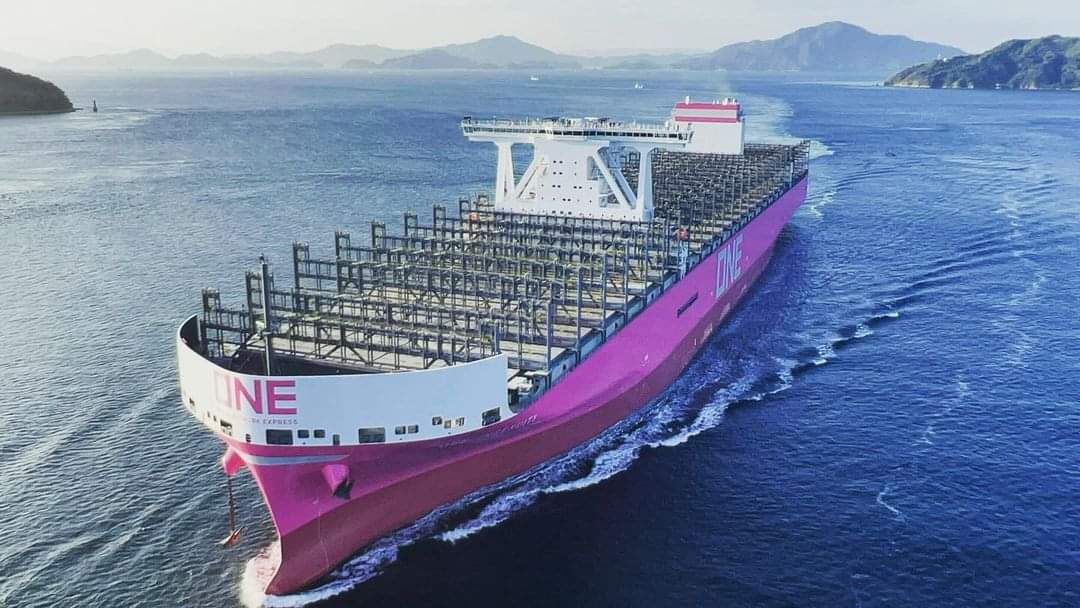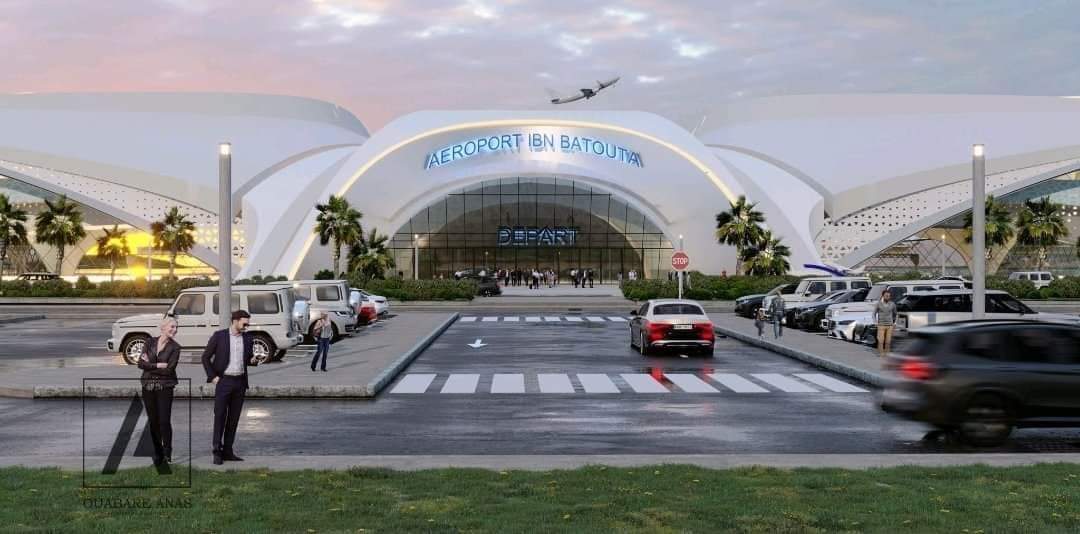Casablanca – Morocco has taken a significant step forward in the global electric battery market with the inauguration of its first industrial unit dedicated to producing key battery materials. On June 25, 2025, COBCO opened its state-of-the-art factory in Jorf Lasfar, marking a major development in the country’s ambitions to become a leading hub in the expanding clean energy sector.
This new facility is the result of a strategic partnership between Morocco’s pan-African investment fund Al Mada and CNGR Advanced Materials, a Chinese company recognized as the world leader in cathode precursor production. The joint venture aims to establish Morocco as a critical player in the battery supply chain, capitalizing on the rapid global growth in demand for electric vehicle (EV) batteries and stationary energy storage solutions.
A strategic location and modern infrastructure
The COBCO plant occupies 238 hectares within the OCP Group’s chemical complex in Jorf Lasfar, a site chosen for its logistical advantages. Proximity to a deep-water port and Morocco’s free trade agreements with multiple regions, including Europe, provide an efficient export framework that enhances the plant’s competitive positioning on the global stage.
The facility’s initial production focuses on Nickel-Manganese-Cobalt (NMC) precursors, crucial components used in lithium-ion batteries, the dominant technology for EVs and energy storage systems worldwide. This production capability places Morocco among a select group of countries developing advanced battery material manufacturing outside Asia.
Investment and production ambitions
The total investment in the COBCO project amounts to approximately $2 billion, deployed across three major industrial projects. Beyond NMC precursors, the company plans to expand its product range to include Lithium Iron Phosphate (LFP) cathodes, metal refining operations for critical materials such as phosphate, cobalt, and manganese, as well as recycling of battery “black mass” — a valuable material recovered from used batteries — targeting an annual processing volume of 30,000 tons.
COBCO aims to reach a production capacity of 70 gigawatt-hours (GWh) per year. This output level would be sufficient to supply batteries for about one million electric vehicles annually, positioning Morocco as a significant contributor to the global battery market, which analysts predict will exceed 1,500 GWh by 2030.
Aligning with global trends and sustainability goals
The project emerges amid a global restructuring of value chains driven by rising environmental, social, and governance (ESG) standards, as well as new regulatory measures such as the European carbon tax set to come into effect in 2026. By producing battery materials closer to end markets in Europe and ensuring sustainable manufacturing practices, COBCO is poised to meet both commercial and regulatory demands.
From its inception, the plant has been designed to minimize environmental impact. It aims to operate on 100% renewable energy by 2026 and has established a partnership with Umicore, a European leader in circular material technologies, to enhance recycling and sustainability efforts. The company also plans to obtain ISO environmental certifications starting in 2025, underscoring its commitment to international standards.
Economic and social impact
The development of COBCO has generated significant employment opportunities. During construction, over 5,000 jobs were created. Once fully operational, the facility is expected to employ approximately 1,800 highly skilled workers directly, with an equal number of indirect jobs anticipated in related sectors. These figures highlight the project’s importance not only as an industrial venture but also as a driver of socio-economic development in the region.
Additionally, COBCO is collaborating closely with Moroccan universities and CNGR to implement extensive training programs. This initiative supports workforce development, ensuring the availability of specialized skills required to sustain and grow the battery materials industry domestically.
Positioning Morocco in the clean technology geopolitics
COBCO is the first industrial complex of its kind to be developed outside Asia, which currently dominates the battery supply chain. Morocco’s entry into this market leverages its geographic and economic advantages, including free trade agreements and logistical connectivity, to establish a competitive foothold.
As the global economy transitions towards clean energy, battery technology plays a pivotal role. Morocco’s proactive investment and industrial strategy aim to position the kingdom as an influential actor in the evolving geopolitical landscape of green technologies, energy storage, and electric mobility.
Morocco’s launch of the COBCO battery materials plant represents a milestone in the country’s industrial and environmental ambitions. By integrating advanced production technologies, adhering to strict sustainability standards, and fostering local expertise, Morocco is set to become a key player in the global battery market. This development not only aligns with global decarbonization trends but also promotes economic growth and job creation domestically, reinforcing Morocco’s strategic role in the future of clean energy.






